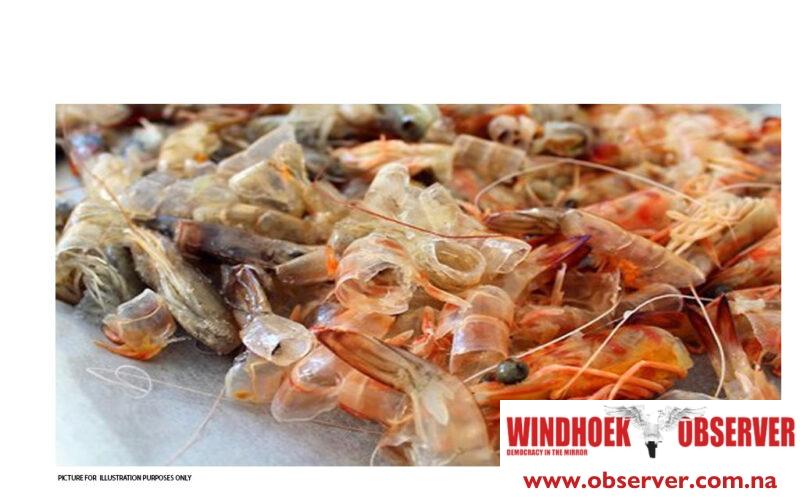Niël Terblanché
In the face of rising food insecurity and unemployment, Namibia’s fishing industry is joining hands with global partners to address these critical challenges.
The initiative aims to reduce seafood loss and waste, maximize the value of marine resources, and create employment opportunities for coastal communities.
According to the United Nations Food and Agriculture Organization (FAO), over one-third of seafood is lost or wasted globally, while more than 92 percent of global fisheries are harvested at or above maximum sustainable yield levels.
Much of the loss occurs at sea and during processing, with some by-products being converted into fishmeal or fish oil.
The Namibia Ocean Cluster, a multi-stakeholder organization, is set to collaborate with the global Ocean Action Agenda, an initiative by the World Economic Forum, to explore ways to optimize the utilization of post-harvest seafood losses and maximize socioeconomic benefits. The fishing sector is vital to Namibia’s economy, contributing 3.6 percent to the country’s Gross Domestic Product.
Currently, large quantities of Namibian fisheries’ by-products, including heads, internal organs, skins, and frames, are left at sea. Research from 2018 revealed that approximately 33 percent of seafood was lost due to the heading and eviscerating process commonly employed by industrial fisheries.
To address this issue, six founding companies within the hake fishery, including Embwinda Fishing, Hangana Seafood, Merlus Seafood Processors, NovaNam, Pereira Seafood Company, and Seawork, have come together to explore ways to capture, land, and process these raw materials into value-added products.
The initiative, known as the Namibia Ocean Cluster Working Group, has received funding from the United Kingdom’s Blue Planet Fund and aims to launch in January 2024. Its mission is to create a collaborative forum for the Namibian seafood sector and allied stakeholders to work towards maximizing the utilization of all seafood post-harvest.
Thor Sigfusson, Founder and CEO of the Iceland Ocean Cluster, which has successfully increased utilization of its cod fishery, praised Namibia’s commitment to minimising seafood losses and maximising socioeconomic value.
Sigfusson noted that this movement is critical for sustainable fisheries management, good business practices, and planet-appropriate food systems.
The Namibia Ocean Cluster’s efforts align with the global 100% Fish Movement, which seeks to inspire seafood stakeholders to increase the use and value of each fish, create new business opportunities, boost employment, and reduce waste.
This movement has already led to innovations such as wound dressings, nutraceuticals, and a popular cola-style drink made from fish by-products in Iceland.
Namibia’s leadership in repurposing fish by-products is poised to have a positive impact not only regionally but also globally.
As coastal countries around the world explore fish by-product innovation, the Namibian collaborative effort may serve as a model for sustainable fisheries and resource utilization, contributing to the achievement of the Sustainable Development Goals set by the UN.




